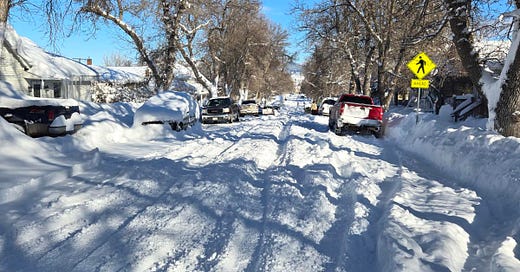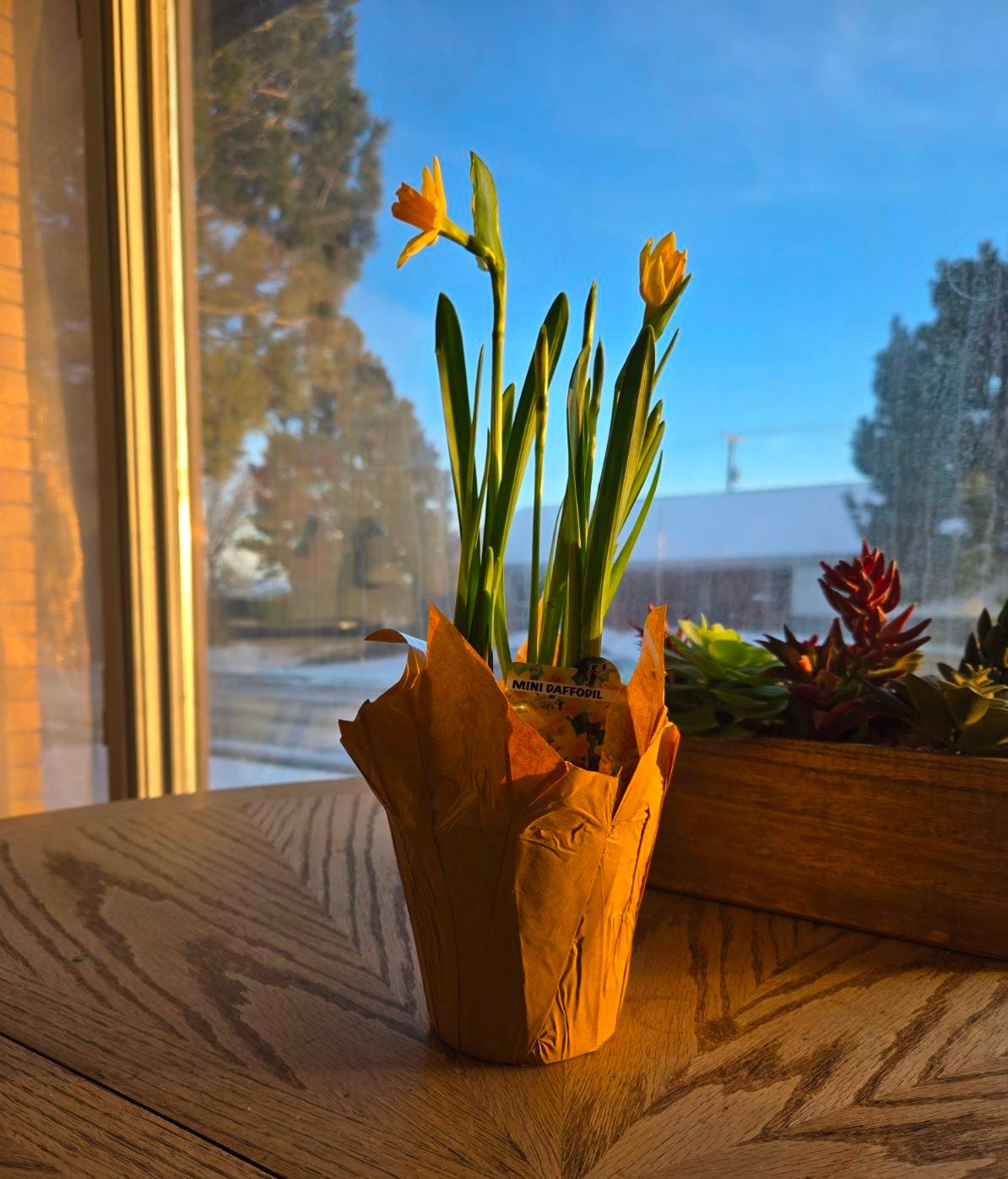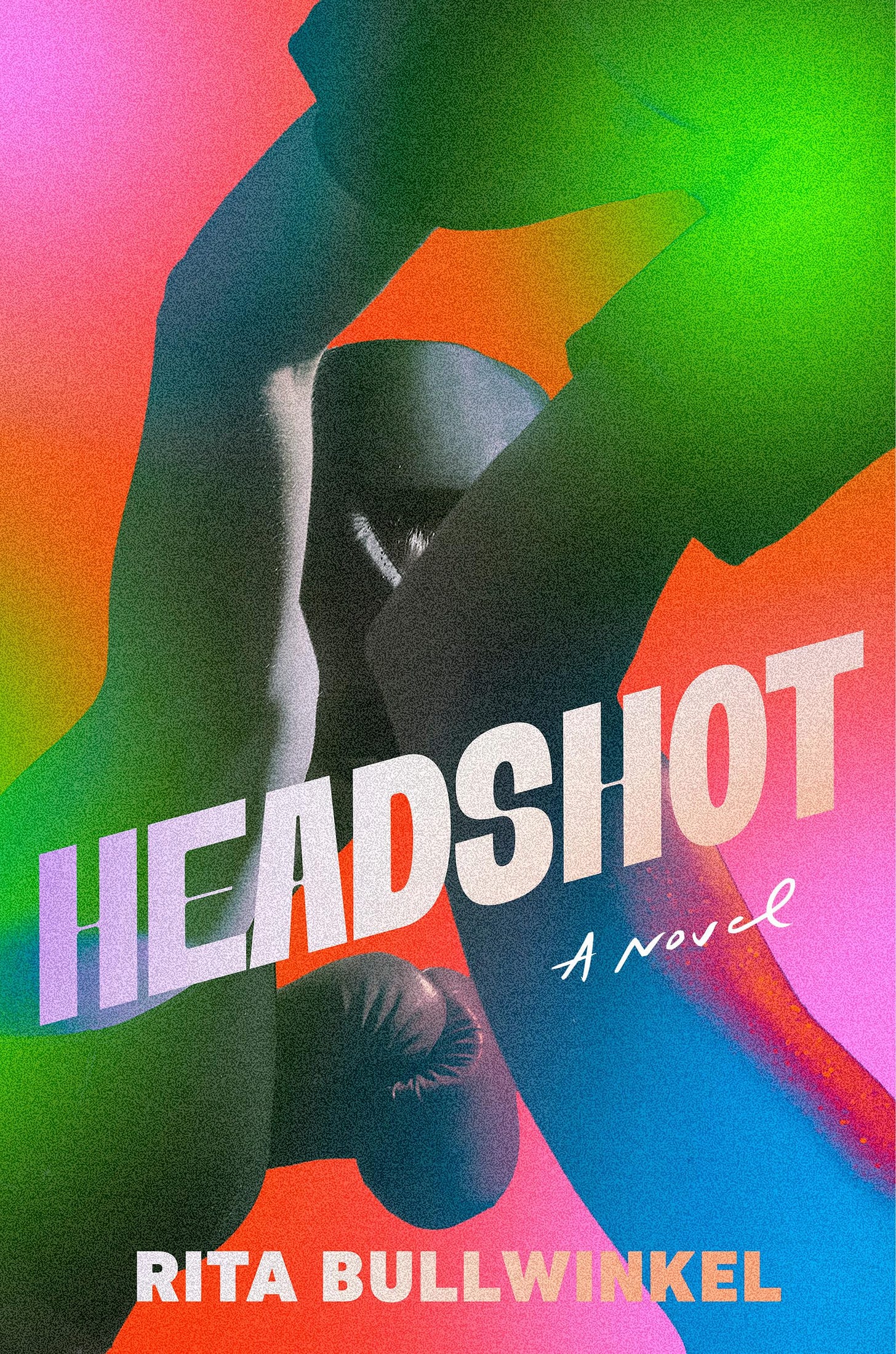It feels very strange to live in a world that is simultaneously being destroyed by fire and buried beneath snow. In California, furious and unimaginable wildfire is wreaking absolute havoc. Its appetite is reckless and all-consuming, devouring everything in its path without discrimination. It’s something out of a horror movie. Here in Montana, in the town where I used to live and my children still do, its residents have spent the last several days digging themselves out of over two feet of snowfall in a twenty-four hour period. While people are frantically fleeing their homes in California, many people in Lewistown are physically trapped inside their homes, unable to open the door let alone back out of the driveway. In both places, schools and businesses are closed, events are cancelled, normalcy is disrupted. And the fact that these two extremes are simultaneously occurring, in the ungodly depressing month of fucking January, makes it feel that much more dystopian.
Though one situation is unquestionably more destructive in the long term, both weather events cause life as we know it to come to a standstill, kicks us into a survival mode that imprints in our bodies, that will come back to haunt us long after the immediate threat has dissipated. It’s unsettling, and I’m not even all that close to the belly of the beast.
Weather has no morality, no version of it inherently good or evil. We are powerless in its wake, and yet, the weather is blameless. It’s done nothing wrong. It is merely the victim, in fact, of our own reckless consumption, our entitlement to and gluttony for our planet’s resources, and our staunch denial of the effects. Things will undoubtedly become even more bleak once the human skin tag himself takes office tomorrow, but even if in some alternate reality he did possess some form of a climate-forward agenda, it is likely too late to walk it back. This freak show is bleak and getting bleaker.
I’ve told my partner we cannot wallow. We cannot lose ourselves doomscrolling. We cannot let the next four years of what will certainly be absolutely bullshit be four years of misery. It’s pollyanna and it comes from a place of privilege, but my coping mechanism for the duration of this administration will be insulation, perhaps isolation. Awareness of and adherence to boundaries when it comes to consuming news, engaging in dialogue, and ruminating on the world. I’m not aiming for ignorance by any means, but a balance of information and intentional engagement. I’m going to commit to my art, my loved ones, my students, my sources of joy. Joy is resistance. Refusing to change what isn’t broken (um, MYSELF) is resistance. I’m not sure what I’m saying. It’s emotional and heated, and I guess what I’m trying to convey is that we need to be kind to ourselves. Do whatever you can to not disappear into the pit of despair, and hold the hands of those who are.
Recommended Reading
“Like” by Sasha Debevec-McKenney in The Yale Review
This poem expertly excavates a single silent explosion of a moment, rendering an otherwise forgettable interaction as a scar that never leaves. Like a story, we are introduced to the main characters of this poem right off the bat, and the premise is revealed with a single line spoken by one of them: “you sure are packing us in here like on slave ships.” What follows is a list of all the possible ways, all less reeking of blatant racism, that they could have otherwise voiced that particular sentiment. I love a list poem, and this one does brilliant work of capturing the entire spectrum of literal to figurative, with splendidly specific imagery doing a lot of the heavy lifting, from the charming (“like daisies into a grocery-store bouquet”) to the absurdist (“like hemorrhoid cream in an unopened tube”) to the depressing (“like your ass in those jeans”) to the macabre (“Blood in a syringe”) to the playful (“like the textured ground-beef material in a Taco Bell Grilled Stuft Burrito”) to the righteous (“Like the flames in a fire, like the fingers in my fist”). Devin Kelly does an exquisite analysis of this poem in his newsletter Ordinary Plots where he points out that Debevec-McKenney exemplifies through this poem the undeniable power of words: “words cannot simply be words alone — they always hold their capacity to hurt, to harm, to heal, to delight, to enrage, to surprise, to stun, and to love.” I love this. Again, words are resistance, because our choice to use them as a form of joy is resistance.
The structure of this novel is one of the most interesting I’ve ever encountered. Bullwinkel took an enormous risk with this concept, and does it some brilliant justice. The story takes place over the course of two days during the Daughters of America Women’s Youth Boxing League tournament in Reno, Nevada and is structured around the matches of the eight fighters in its bracket. Though we meet each fighter in their current state of how they show up at the match, we are fed snippets of their backstory between rounds, the tapestry of their lives woven throughout each hit and step and swipe of sweat off their brows. And while it seems like a convoluted method of dispensing exposition at first, this blossoming works. In this way, Bullwinkel adeptly plays with time, allowing the story to unfold on seemingly different planes. We get a well-established past, the blistering action of the present, and glimpses at the futures of each of the girls, displaying how boxing shaped them as individuals. While the (SPOILER ALERT) giant jump in the galactic future in the final chapter didn’t work for me, I appreciate how the manipulation of time essentially renders this story timeless, so that it is unanchored from any influential period in history and exists in the vacuum of these girls and their lives. It’s a quick read, an engaging listen (I consumed this one via audiobook), and a fascinating glimpse into a niche fold of the sports world to which I had no prior reference.
What I’m Consuming
“Sugar in the Tank” by Julien Baker and Torres
I guess a bunch of musicians have “gone country” recently, but the only ones I care about are Julien Baker and Torres. I lovelovelove Julien Baker with all my little heart and have discovered Torres’ music through this collaboration and am delighted with it. Their first single together, “Sugar in the Tank”, took a minute to grow on me, but I have become fully obsessed. I listen to it on repeat for my entire commute to school and sing it under my breath all day long. Then there is the video — absolute queer joy. And remember, the theme of this newsletter is JOY as resistance, and fuck you if this queer country disco doesn’t put a smile on your face. I’ve never wanted to line dance in Carhartt’s before but I’d gladly do it for these girls.
Pop Culture Jeopardy
Remember the 3-hour Jeopardy video on Youtube that my partner and I recently got sucked into? Well, we watched all three hours of it and then found Pop Culture Jeopardy on Prime and the obsession is still alive and well. The format of this version versus the OG is a little more casual, more set up for injections of humor from the host, Colin Jost of SNL/ScarJo husband fame, and full of throuple jokes (contestants are teams of three instead of individuals). My only complaint is that every game is a runaway — the winner is always obvious from the beginning and they usually run the game from start to finish.
Prompt
In 2020-2021ish, when I was at the peak of my writing, cranking out decent stories all the time with seemingly buttery-smooth effort, I did a little project called The Ruling Planet Project, where I wrote at least 500 words every day based on my daily horoscope as the prompt (I’m a Scorpio sun, Cancer moon, Aquarius rising, if you care). It was a fun way to keep a writing streak going and I found myself with a plethora of “sparks” that later grew into fully realized stories, several of which were published. This week’s prompt is based on this idea. I used horoscope.com and occasionally CoStar, but use whatever works for you and write a story based on your horoscope. Pick out a key phrase that stands out or expand on the overall theme. It might be fun to use one of the lines as an opening line of dialogue and see where the characters’ conversation goes from there.
One of mine from this week read:
Intuition plays a large part in your work, Scorpio. You're apt to sense what others want or need and foresee the consequences of one course of action over another. This is definitely going to make a positive difference in what you accomplish. You're likely to be quite pleased with what you do. Exercise this intuition today so it will stay with you in the future.
From this, I might write about a character that ignores their intuition, much to their detriment, and has to grapple with not only the effects, but their shame in having ignored their gut instincts.
Writing Updates
I’m still keeping up my goal of writing every single day of the year — 18 days in and I’ve written at least a sentence of my novel every day, but most days it’s quite a bit more. I’ve been diligent about closing my classroom door during my lunch period and spending the thirty minutes just writing — not scrolling, not grading, not staring out the window at the snow. This week I’ve been working on some flashback scenes, showing Naomi in her youth and going through a formative experience prior to college that hopefully lends some context to her relationship with her mother and how she ended up in the place she has. I’m excited to write about how she meets Ryan and the way their relationship unfolds once I get a little more of this groundwork laid.

In this week’s excerpt, Naomi is in high school. She’s just received news that her absent father has died, her baby brother has just been born, and she’s desperately seeking escape:
When Taylor was born, he was skinny and jaundiced, like the withered yellow string beans in her mother’s garden. Naomi would hold a bottle of thick, snotty formula to his lips and look for their similarities in his face — the sharp nose, the high-set ears and deep-set eyes, but everything on a baby just looked wrinkled and forced, a shrunken down old person. Her mother’s attention to Naomi dried up, shifted entirely to this little old man, and her father’s void was all anyone else would ever ask her about. Naomi disappeared into the undulations of her family, left to wallow in solitude on her own.
She began going out for runs in the middle of the night, when Taylor’s crying made sleep impossible for anyone in the house, when their suburban neighborhood was quiet and still. This was a different kind of solitude, the rhythm of her breath and her sneakers smacking on the asphalt offering a sense of peace and control not present at home. She ran more and more. She loved the liminal state of two, three, four A.M., when the day before had finished but a new day had not yet begun, when she was the only awake, alive thing for a mile in every direction. She loved the secret knowledge of what this hour looked like, cold and crisp and navy blue and absolutely still, the feeling of superiority when she showed up for class having run ten or more miles before her classmates were even awake. She loved how the emptiness she felt when she ran — no despondent mother, no crying Taylor, no dead dad, how no thought or feeling crossed her mind.
Despite how emotionally clarified her running habit left her, her middle-of-the-night runs were wreaking havoc on her ability to stay awake during class, and her grades showed it. With no possibilities of an academic scholarship coming her way, she went out for the cross-country team her junior year as a possible avenue to get to college. She followed the team’s strict training schedule, brutal hill sprints and mile repeats and weight training, carving her limbs into cuts of muscle. Her hair had grown long, and she weaved it into two thick braids that beat against her back with each stride, keeping her pace like a metronome. It was a different type of solitude, dozens of girls completely and simultaneously within their own bodies. It was a different type of control, a constant calculation of one’s own exhaustion against that of the girls they ran against. The other girls, her own team and opponents alike, were impressed then suspicious then jealous of her speed, her uncanny endurance. She raced chaotically, sprinting in and out of packs until she led them, then held on desperately until she broke the tape, which she did in nearly every race in which she competed. She was handily crowned state champion junior year, then senior year, then the letters and phone calls from colleges started coming, intercepted before her mother could get to the phone or the mailbox. It seemed there was no stopping her, that she didn’t have a breaking point.
Of her several scholarship offers from near and far, Saint Gabriel’s, a small, private Catholic college in Boulder, Colorado, was the only one to offer her a full-ride for tuition and housing, as well as a food stipend, in spite of her atrocious grades. She accepted immediately. The rest of her senior year was spent in daydream, pouring again and again over the pamphlets and school’s website, the old red brick buildings and thick green trees, the jagged peaks of the Rocky Mountains in the distance, so like her home yet something completely different and detached. She imagined racing against girls who were just as good as she was, training runs through the canyons and trails surrounding the city, fighting for oxygen in the thin mountain air. Whenever her mother’s exhausted sighs or Taylor’s incessant crying seemed inescapable, she closed her eyes and traveled here, pictured the endless miles of pure escape just ahead of her. She only had to make it a few more months.
Thanks as always for reading! Take care of yourself and try to find some joy amidst the cesspool. Love you!!
xoxo,
brit










"This freak show is bleak and getting bleaker," is going on a t shirt.
WE OUGHT NOT DELAY JOY